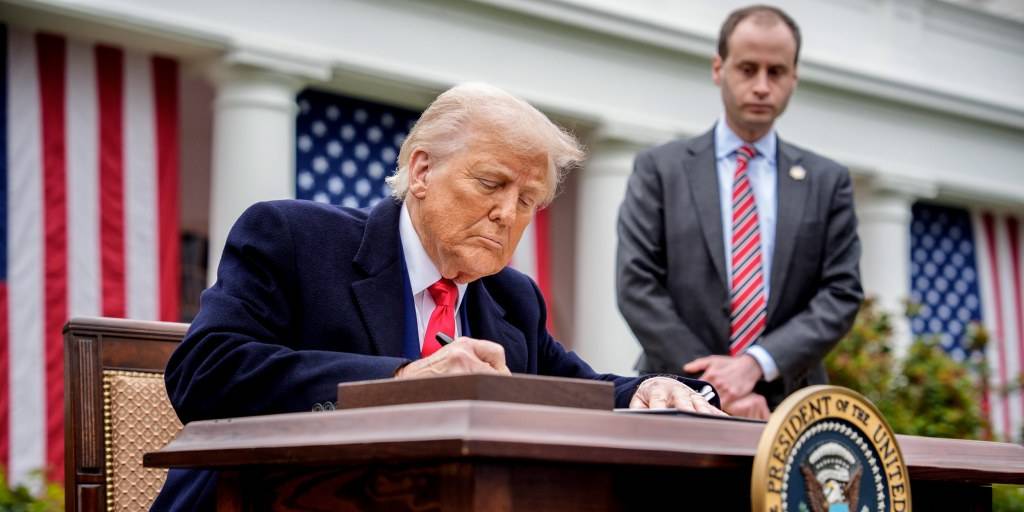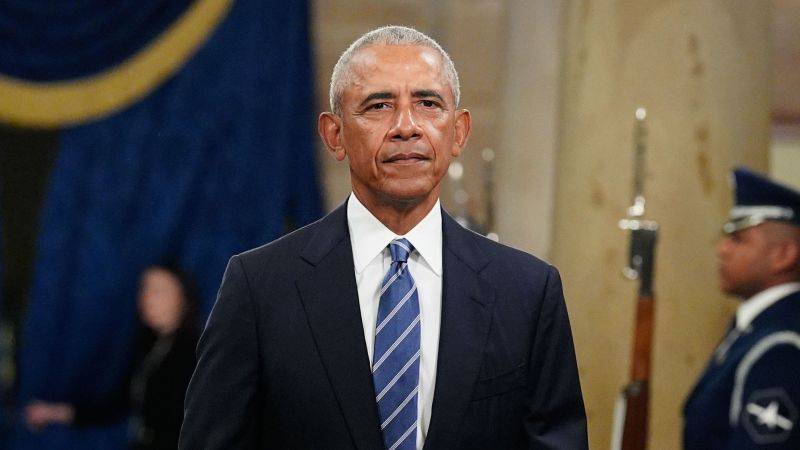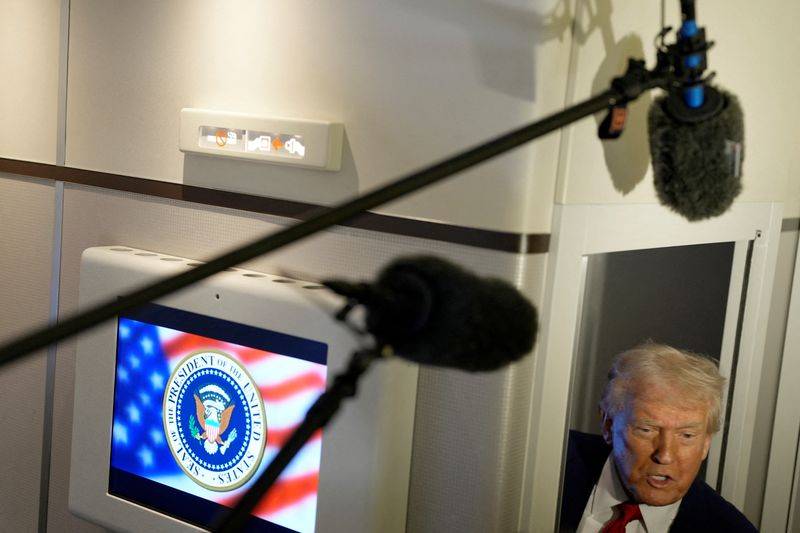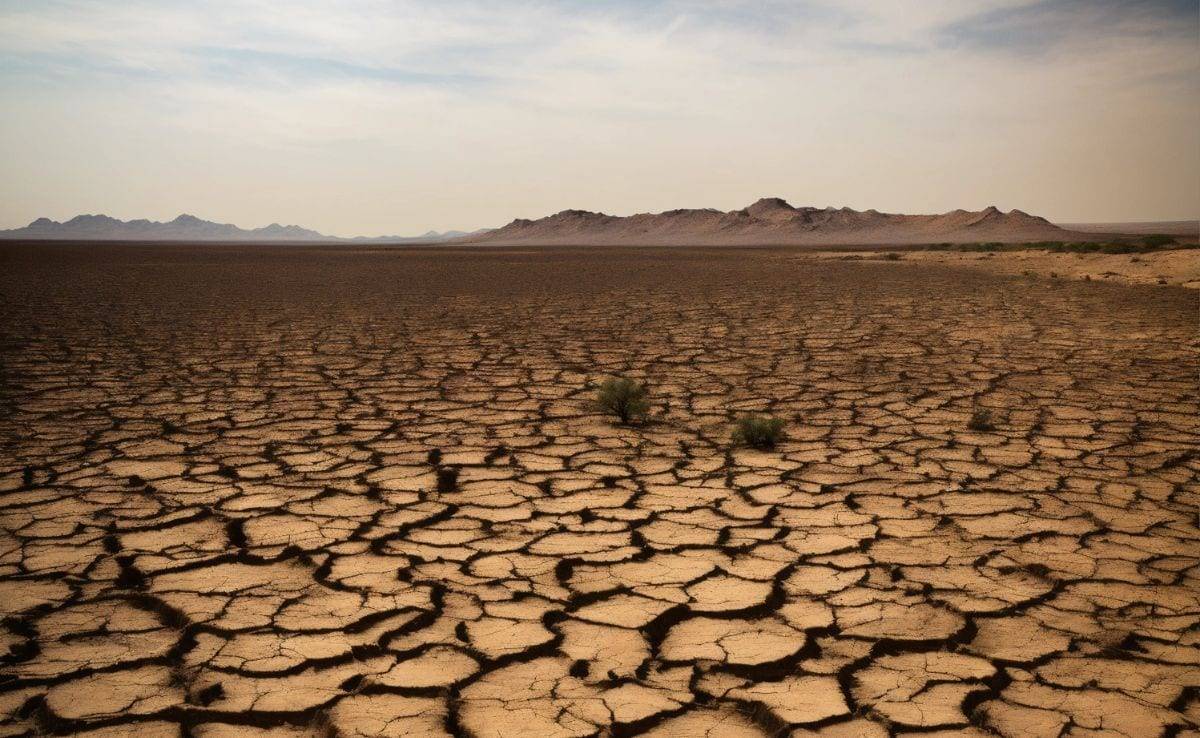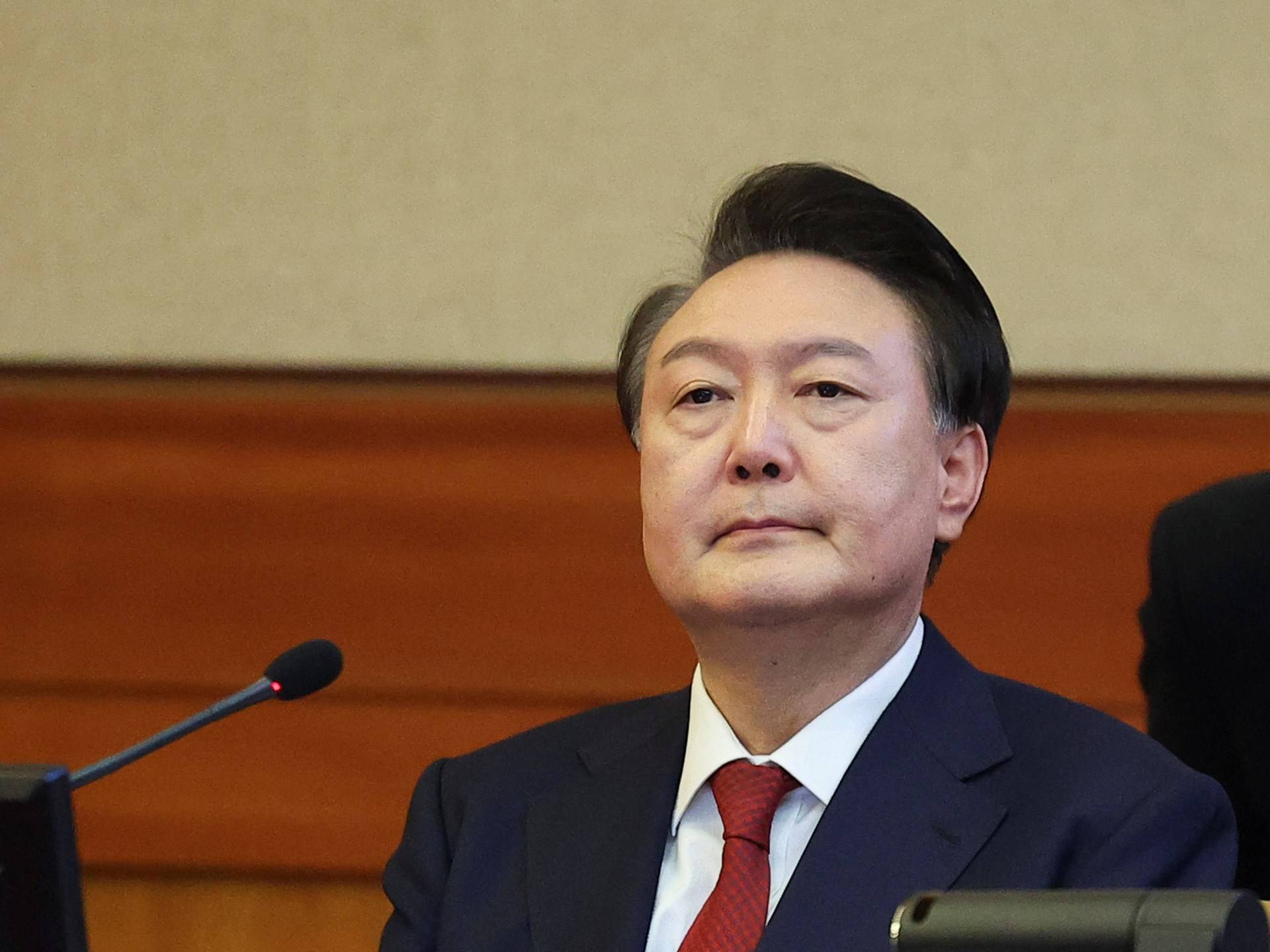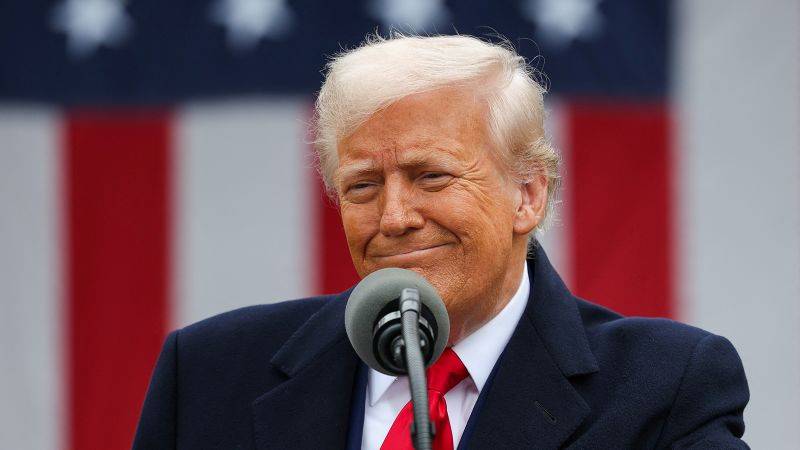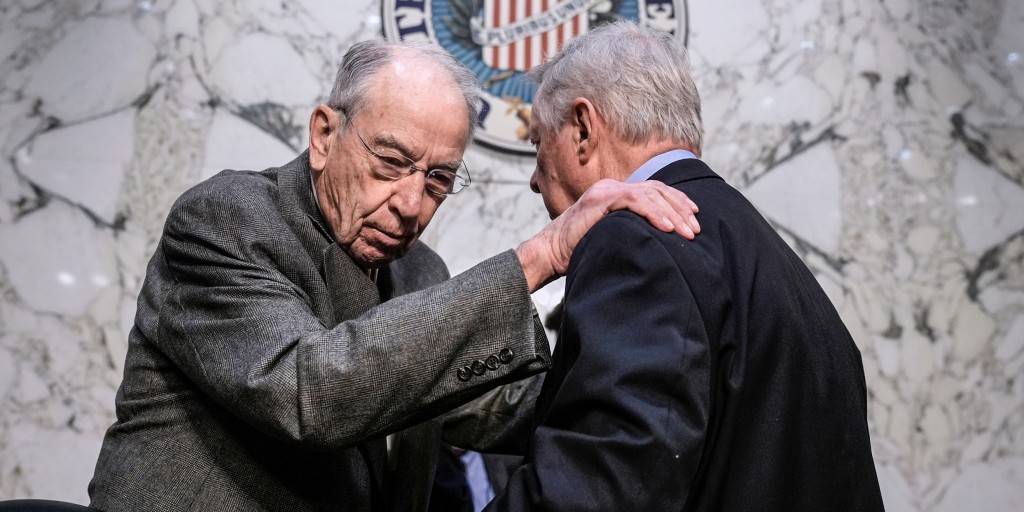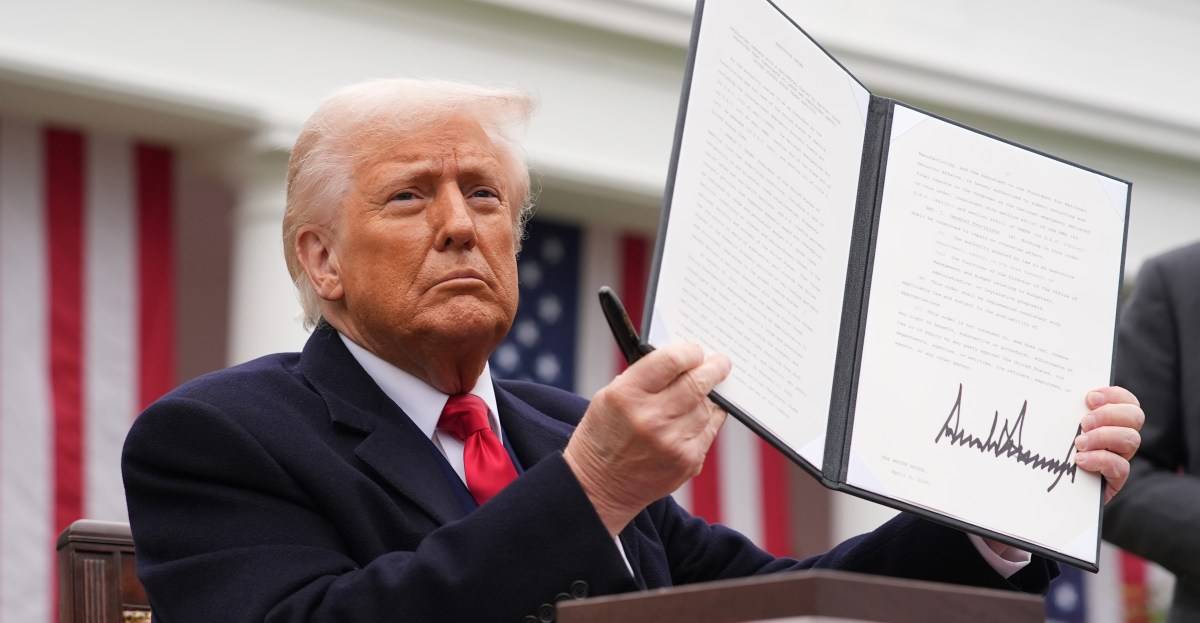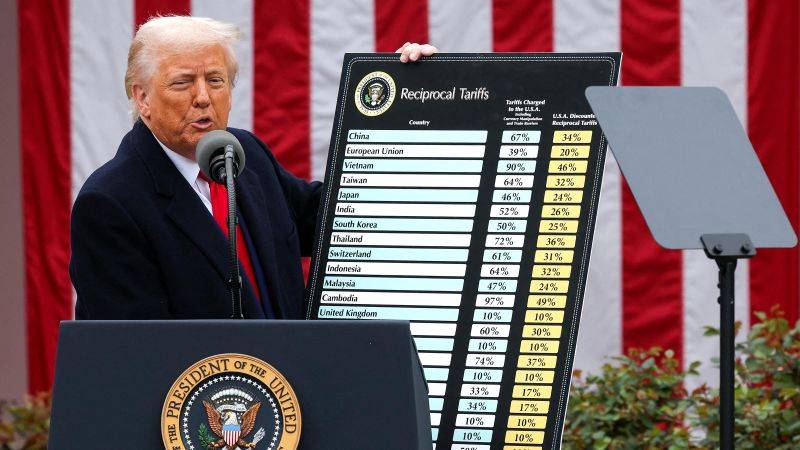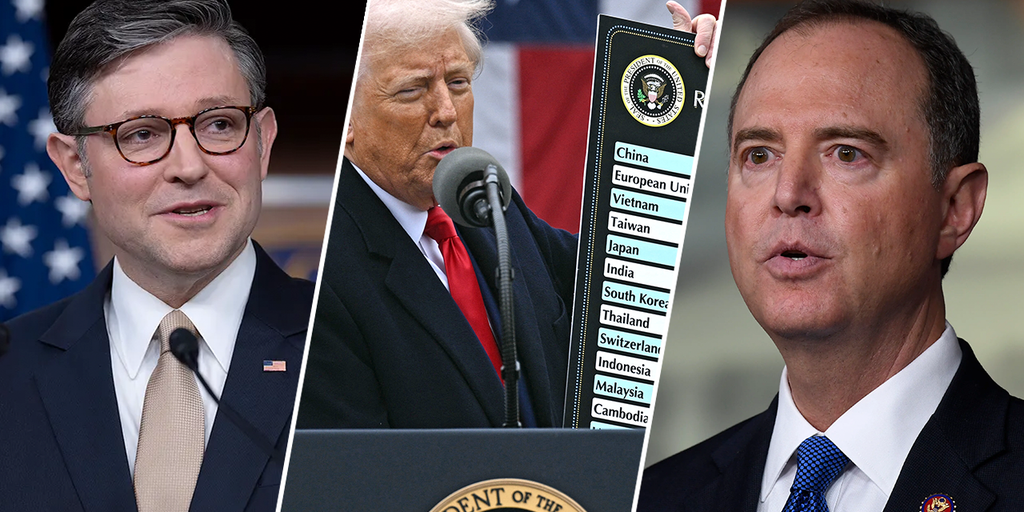The latest move by President Donald Trump to introduce sweeping tariffs across the globe has ignited a fierce debate about its potential impact on trade dynamics. On April 2, 2025, Trump announced a broad tariff increase, imposing a baseline 10% tax on imports from all countries, with higher rates on nations that have significant trade surpluses with the U.S., such as China (34%), the European Union (20%), and others. This strategy is aimed at boosting U.S. manufacturing by leveling the trade field, but it risks escalating global trade tensions.
The tariffs, enacted under the 1977 International Emergency Powers Act, are part of Trump’s broader economic policy to address what he perceives as unfair trade practices. Critics argue that these measures could lead to retaliation from other countries, potentially sparking a trade war that might affect economic stability and lead to higher consumer prices.
Reactions and Economic Impacts
Supporters of Trump’s policy, however, point to past successes in reshoring industries like steel production during his first term. Studies suggest that his earlier tariffs helped strengthen the U.S. economy and stimulate domestic production, though some warn about potential long-term economic impacts.
One of the immediate responses from the international community came from the European Union. European Commission President Ursula von der Leyen announced plans for retaliation while maintaining an open door for negotiations, signaling a complex diplomatic path ahead.
As the world watches how these tariffs play out, investors are already seeing significant market shifts. The euro has seen fluctuations against the dollar, and commodity prices like copper have dropped, reflecting heightened economic uncertainty.
Outlook and Future Developments
In Washington, D.C., the heart of U.S. policy making, there’s a sense of anticipation about how these tariffs will reshape the trade landscape. From my perspective as a political journalist, it’s clear that Trump’s move is both a test of economic resilience and a reflection of the current political climate.
As we move forward, it will be crucial to monitor how other nations respond and how the global economy adjusts to these new tariffs. For now, one thing is certain: the stage is set for a significant shift in international trade dynamics.
To stay updated on this and other developing stories, visit our news section at Epochedge News. For in-depth political analysis, check out our Epochedge Politics section. For the latest insights and updates, you can also visit NBC News.

